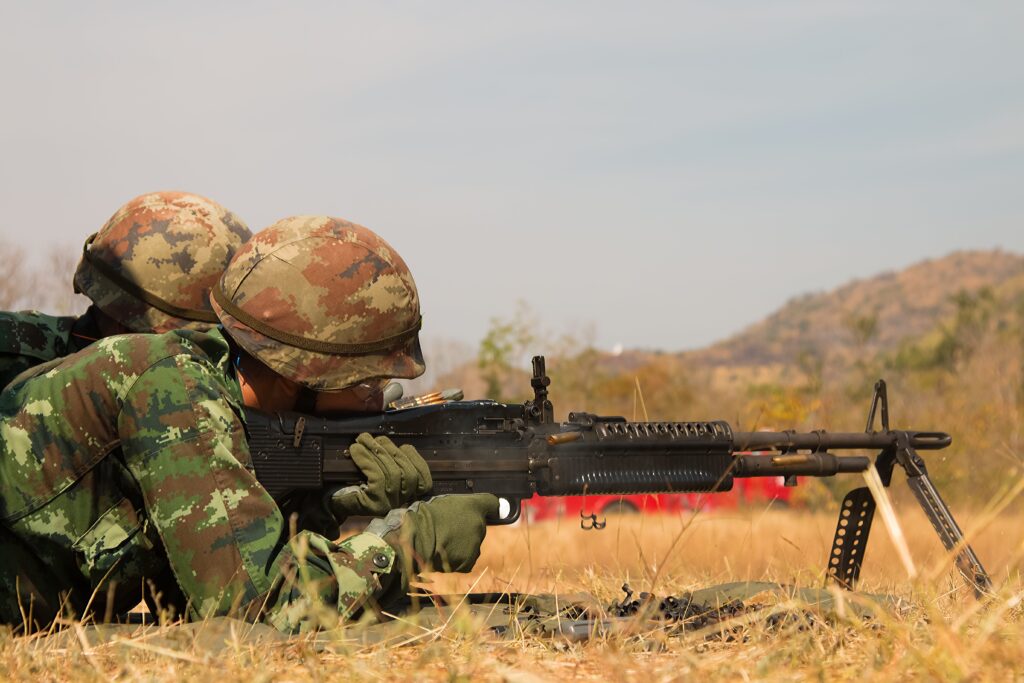In the intricate web of human history, war stands as a complex and often contentious thread. Examining the reasons behind conflicts and understanding their importance is crucial for unraveling the complexities of global affairs. While the subject is inherently sensitive, exploring the multifaceted nature of war allows us to contemplate its historical significance and the imperative lessons it holds for the present and future.
The roots of war are often entwined with a myriad of factors, ranging from political and economic motives to cultural and territorial disputes. National interests, the quest for power, and geopolitical strategies can all contribute to the decision to engage in armed conflict. Understanding these reasons requires a nuanced exploration of historical contexts and the intricacies of international relations.

National security is a driving force behind the decision to go to war. States may perceive threats to their sovereignty, leading them to take preemptive or defensive measures. The importance of safeguarding citizens and ensuring the integrity of borders can, at times, necessitate the use of military force as a means of protecting the nation from external threats.
The ethical dimensions of war are a constant source of debate. From the just war theory to discussions on the proportionality of force, ethical considerations play a pivotal role in shaping the narratives surrounding armed conflicts. Examining the morality of war is not only crucial for holding nations accountable but also for fostering a global dialogue on the principles that should govern the use of force in international relations.
Humanitarian considerations add another layer to the discourse on the importance of war. Interventions in response to human rights violations or genocides aim to protect vulnerable populations and uphold the values of justice and human dignity. Balancing the imperative to address atrocities with the potential consequences of military intervention underscores the complexity of ethical decision-making in times of crisis.
Peacebuilding emerges as a crucial aspect in the aftermath of conflicts. The importance of war, when viewed through the lens of establishing lasting peace, lies in addressing the root causes of conflict and fostering reconciliation. Diplomacy, international cooperation, and conflict resolution mechanisms become indispensable tools for rebuilding societies shattered by the ravages of war.
While the reasons for war may vary, it is imperative to recognize the interconnectedness of nations in the global landscape. In an era marked by interdependence, fostering dialogue and diplomatic solutions becomes increasingly important. The lessons drawn from the historical tapestry of war emphasize the significance of diplomacy and collaboration in preventing conflicts and promoting a more peaceful world.
In conclusion, war is a complex phenomenon with far-reaching implications. Analyzing the reasons behind armed conflicts and understanding their importance provides valuable insights into the dynamics of global affairs. As we navigate the complexities of international relations, it becomes crucial to seek avenues for peaceful resolution, recognizing the shared responsibility of nations in shaping a more harmonious and secure world.